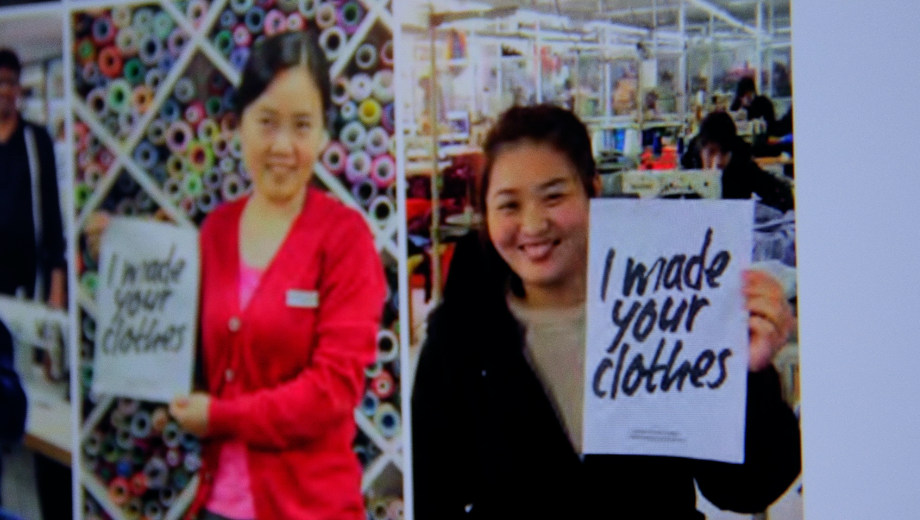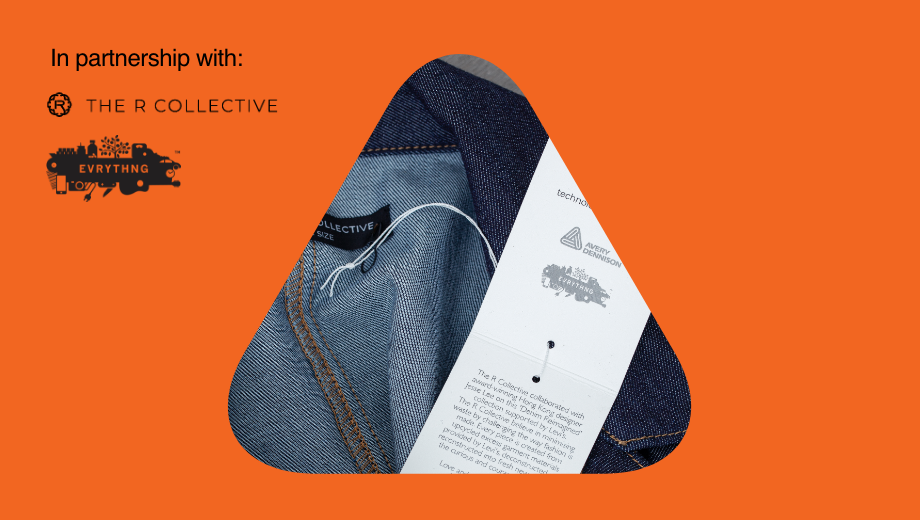A Portrait of a Supply Chain
At Avery Dennison we believe technology can be a force for good and enable a better tomorrow. Our latest film “A Portrait of a Supply Chain” is an expression of this vision, a future where technology can drive positive change both for the people and for the planet.
We partnered with The Smalls, an agency of localized filmmakers from all around the world, to capture what transparency means to the people working at the heart of supply chains. From deep connections to the land, to safer and more sustainable practices - we get an insight into their work and commitment to the community and the environment.
“This link with the land is what I value the most as a human being” says Verónica Candelero García, owner of Cacaste, Mexico, a cacao (cocoa) producer for the beauty industry. Verónica’s business sits at the first step of the supply chain: Sourcing and processing raw materials. The connection between humans and land is intertwined with the way supply chains have developed over the course of centuries. Further apart than ever, the end consumer and the producer can now be connected again - through the use of technology.
For Ryan Nienaber, owner of Greenfish, a small scale family seafood business operating out of Cape Town, traceability is key: “Consumers want to know more and more about where [their food] has come from.” Not only because of the quality and safety of the ingredient itself, but also because as shoppers we’re becoming increasingly aware of the “100 hands” that it took to catch, package and distribute the goods we use daily. And it matters that the people, not just the products, are empowered along the journey.





